NSW Police: Figures reveal 1019 officers given approval to take on second jobs
More than 1000 serving NSW Police officers are moonlighting in other roles, with fitness instructors, cleaners, labourers and even a home baker and flight attendant in the ranks.
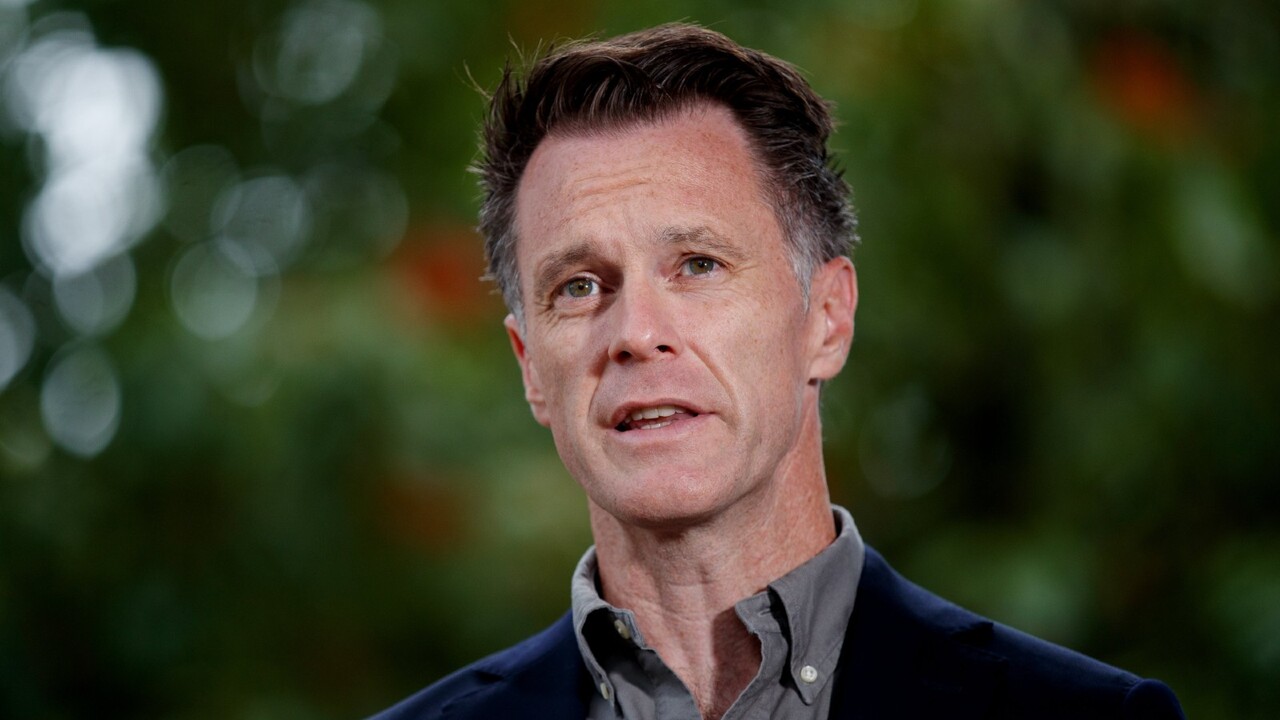
Local
Don't miss out on the headlines from Local. Followed categories will be added to My News.
Roughly one in 16 NSW Police officers are working “side hustle” jobs, new figures have revealed, in a situation the state opposition has blamed on lacklustre pay and rising cost of living pressures.
NSW Police figures show 1019 of the state’s serving 16,095 officers have been given approval to take on “active secondary employment” alongside their policing duties.
While NSW Police Minister Yasmin Catley has declined to comment on the statistics, the state opposition has weighed in, arguing the high rates of secondary employment could be a sign of a force under stress.
This masthead understands some approvals for secondary jobs have included officers being permitted to work as fitness instructors and in the construction, security and education sectors.
Other approvals include an officer being permitted to run a home-based cake decorating business, while another was given the green light to moonlight as a flight attendant.
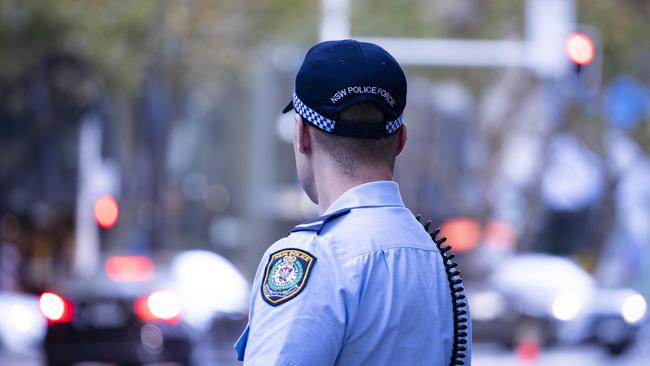
NSW opposition police spokesman Paul Toole said the figures could be indicative of rising costs of living pressures and the ongoing stalemate over a new police pay deal.
“Policing is a physically and mentally taxing job and to think our officers are now having to find second jobs as security guards, cleaners and bakers in their only down time between shifts is contributing to high rates of burnout,” he said.
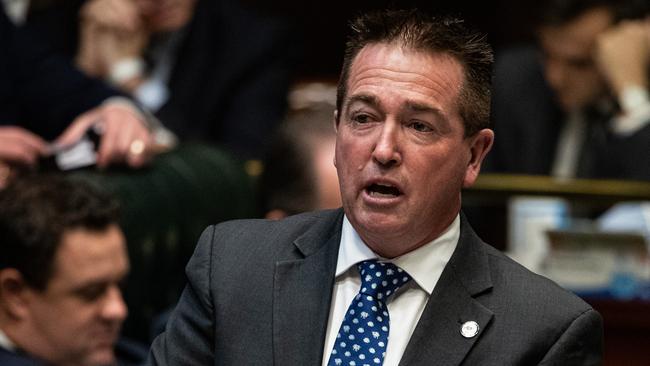
“The NSW Government needs to acknowledge police in this state for the work they do, their contribution to the communities they serve and pay them accordingly.”
Under NSW Police guidelines, officers are allowed to take up a secondary job on the proviso it is undertaken outside rostered police hours and does not “impinge on their primary duties”.
A NSW Police spokesman said particular attention was paid to having sufficient breaks between the primary and secondary employment, ensuring officers had “sufficient rest to safely and effectively perform their duties”.
“Approval is based on the merits of each case, taking into account a number of factors including – but not limited to – health and safety issues, conflicts of interest and operational priorities,” he said.

Former NSW Police officer Alana Singleton said she was not surprised at the high number of officers taking on second jobs.
“It’s not the highest paying job considering the risks involved and from a financial perspective a lot of officers need that extra cash,” she said.
“Pay negotiations were supposed to be concluded 100 days ago and cops still don't know what we’ve got.
“If there’s no pay rise I think we’ll continue to see more officers taking on secondary jobs.
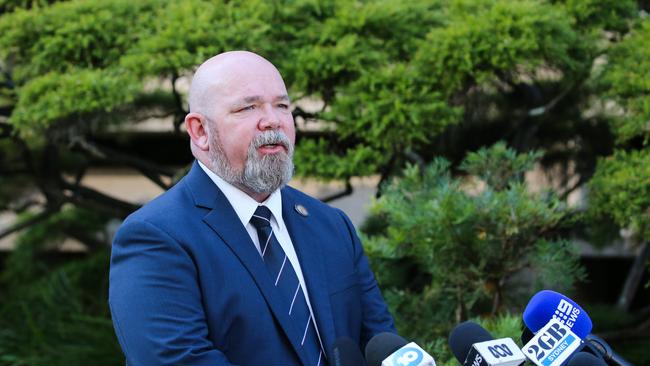
Kevin Morton, president of the NSW Police Association, said secondary employment has enabled some officers to continue with jobs they worked in prior to taking up careers on the thin blue line.
“Many male and female police officers were highly skilled electricians, plumbers or mechanics,” he said.
“Others owned small businesses that they started before joining NSW Police.
“In many instances, police officers have been able to continue with their previous occupation.”
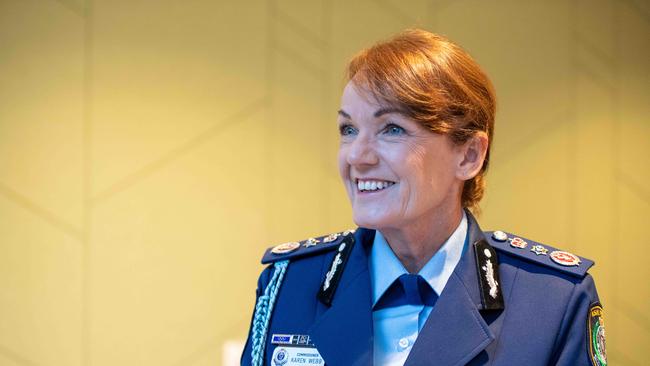
The figures follow a Law Reform Commission investigation, which last year called for the NSW Police secondary employment policy.
Police Commissioner Karen Webb – in information provided to the NSW parliament – said safeguards were in place to ensure officers notified management of the type of work they wish to undertake and identify any potential conflicts of interest.
“If there are potential conflicts of interest or it’s a high-risk secondary employment, that needs to be reviewed by the command,” she said.
“It goes through the chain of command to the command team.
“Then, each year, secondary employment needs to be renewed or discontinued, and that process is undertaken each time someone applies to do secondary employment.”





